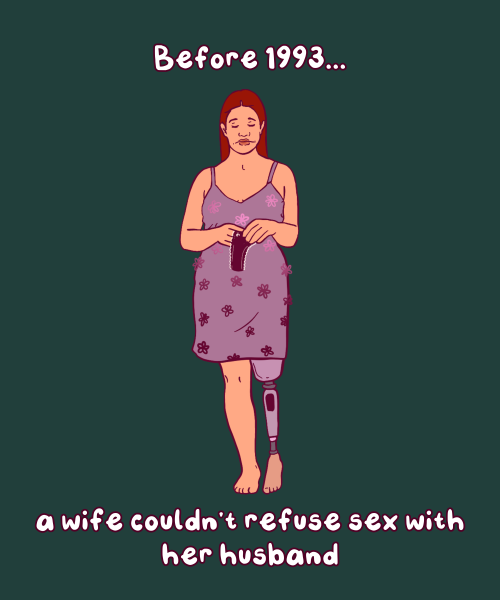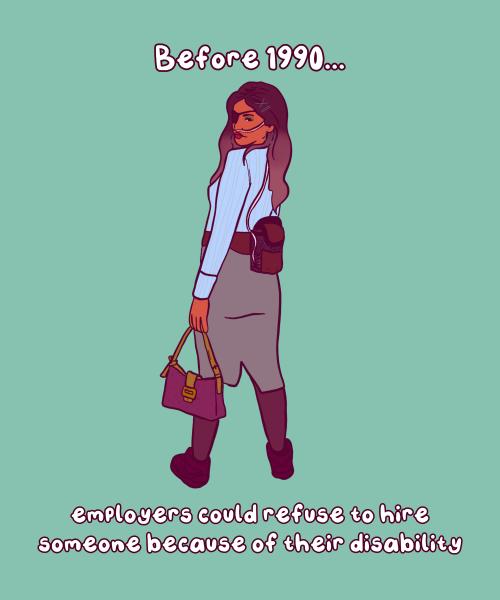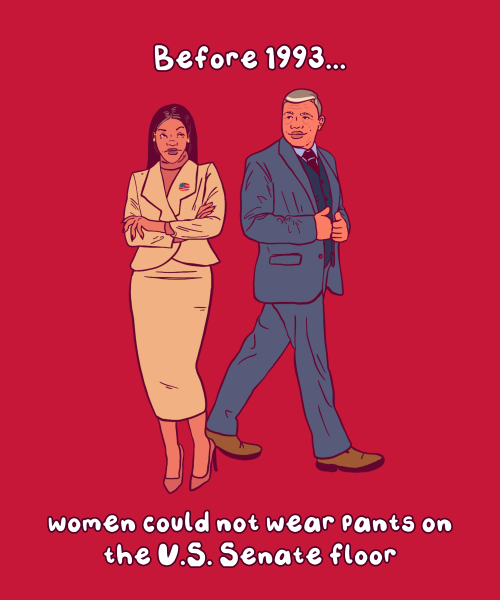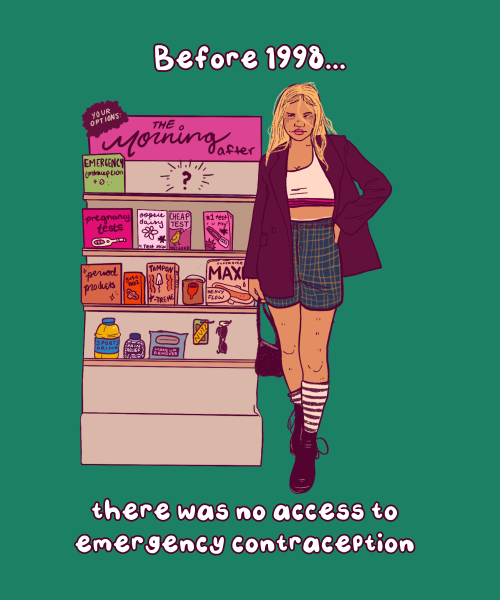The Parallels Between Sargust And Wilmon Have Always Been Very Prominent But I Think This Goodbye Is
The parallels between Sargust and Wilmon have always been very prominent but I think this goodbye is such a perfect mirror of conversations Wille and Simon had as well but now, it ends in a different way.
We have August pleading for Sara to give them another chance just like Wille did with Simon. August telling Sara how she is the only person who truely sees him for himself like Wille told Simon he is the only person he can talk to. The Eriksson sibling standing their ground and walking away because other than Wille, August has not worked to make this relationship work, and love alone is not enough.
-
 idsiosis liked this · 1 year ago
idsiosis liked this · 1 year ago -
 sillyunicorn liked this · 1 year ago
sillyunicorn liked this · 1 year ago -
 scottishgremlin liked this · 1 year ago
scottishgremlin liked this · 1 year ago -
 hellfirexs-blog liked this · 1 year ago
hellfirexs-blog liked this · 1 year ago -
 aestheticpandemonium liked this · 1 year ago
aestheticpandemonium liked this · 1 year ago -
 openupmyeyes-2anewlight liked this · 1 year ago
openupmyeyes-2anewlight liked this · 1 year ago -
 badsadowlet liked this · 1 year ago
badsadowlet liked this · 1 year ago -
 falloutinthetardis liked this · 1 year ago
falloutinthetardis liked this · 1 year ago -
 yourhighnesssblog reblogged this · 1 year ago
yourhighnesssblog reblogged this · 1 year ago -
 yourhighnesssblog liked this · 1 year ago
yourhighnesssblog liked this · 1 year ago -
 mike-weezer-apologist liked this · 1 year ago
mike-weezer-apologist liked this · 1 year ago -
 pearlr5 liked this · 1 year ago
pearlr5 liked this · 1 year ago -
 ecikilljoy liked this · 1 year ago
ecikilljoy liked this · 1 year ago -
 glimmeringdreams reblogged this · 1 year ago
glimmeringdreams reblogged this · 1 year ago -
 glimmeringdreams liked this · 1 year ago
glimmeringdreams liked this · 1 year ago -
 nerdyfangirl76 liked this · 1 year ago
nerdyfangirl76 liked this · 1 year ago -
 rainbowtigerpoop liked this · 1 year ago
rainbowtigerpoop liked this · 1 year ago -
 haley770 liked this · 1 year ago
haley770 liked this · 1 year ago -
 kingdom-without liked this · 1 year ago
kingdom-without liked this · 1 year ago -
 piinemartens reblogged this · 1 year ago
piinemartens reblogged this · 1 year ago -
 veryreallyqueer reblogged this · 1 year ago
veryreallyqueer reblogged this · 1 year ago -
 marieispink liked this · 1 year ago
marieispink liked this · 1 year ago -
 littlefluu liked this · 1 year ago
littlefluu liked this · 1 year ago -
 susia1233 liked this · 1 year ago
susia1233 liked this · 1 year ago -
 antonimage111 liked this · 1 year ago
antonimage111 liked this · 1 year ago -
 classyharmonystarfish liked this · 1 year ago
classyharmonystarfish liked this · 1 year ago -
 manateia-seriallove liked this · 1 year ago
manateia-seriallove liked this · 1 year ago
More Posts from Piinemartens
Women's Not So Distant History
This #WomensHistoryMonth, let's not forget how many of our rights were only won in recent decades, and weren’t acquired by asking nicely and waiting. We need to fight for our rights. Here's are a few examples:

📍 Before 1974's Fair Credit Opportunity Act made it illegal for financial institutions to discriminate against applicants' gender, banks could refuse women a credit card. Women won the right to open a bank account in the 1960s, but many banks still refused without a husband’s signature. This allowed men to continue to have control over women’s bank accounts. Unmarried women were often refused service by financial institutions entirely.

📍 Before 1977, sexual harassment was not considered a legal offense. That changed when a woman brought her boss to court after she refused his sexual advances and was fired. The court stated that her termination violated the 1974 Civil Rights Act, which made employment discrimination illegal.⚖️

📍 In 1969, California became the first state to pass legislation to allow no-fault divorce. Before then, divorce could only be obtained if a woman could prove that her husband had committed serious faults such as adultery. 💍By 1977, nine states had adopted no-fault divorce laws, and by late 1983, every state had but two. The last, New York, adopted a law in 2010.

📍In 1967, Kathrine Switzer, entered the Boston Marathon under the name "K.V. Switzer." At the time, the Amateur Athletics Union didn't allow women. Once discovered, staff tried to remove Switzer from the race, but she finished. AAU did not formally accept women until fall 1971.

📍 In 1972, Lillian Garland, a receptionist at a California bank, went on unpaid leave to have a baby and when she returned, her position was filled. Her lawsuit led to 1978's Pregnancy Discrimination Act, which found that discriminating against pregnant people is unlawful

📍 It wasn’t until 2016 that gay marriage was legal in all 50 states. Previously, laws varied by state, and while many states allowed for civil unions for same-sex couples, it created a separate but equal standard. In 2008, California was the first state to achieve marriage equality, only to reverse that right following a ballot initiative later that year.

📍In 2018, Utah and Idaho were the last two states that lacked clear legislation protecting chest or breast feeding parents from obscenity laws. At the time, an Idaho congressman complained women would, "whip it out and do it anywhere,"

📍 In 1973, the Supreme Court affirmed the right to safe legal abortion in Roe v. Wade. At the time of the decision, nearly all states outlawed abortion with few exceptions. In 1965, illegal abortions made up one-sixth of all pregnancy- and childbirth-related deaths. Unfortunately after years of abortion restrictions and bans, the Supreme Court overturned Roe in 2022. Since then, 14 states have fully banned care, and another 7 severely restrict it – leaving most of the south and midwest without access.

📍 Before 1973, women were not able to serve on a jury in all 50 states. However, this varied by state: Utah was the first state to allow women to serve jury duty in 1898. Though, by 1927, only 19 states allowed women to serve jury duty. The Civil Rights Act of 1957 gave women the right to serve on federal juries, though it wasn't until 1973 that all 50 states passed similar legislation

📍 Before 1988, women were unable to get a business loan on their own. The Women's Business Ownership Act of 1988 allowed women to get loans without a male co-signer and removed other barriers to women in business. The number of women-owned businesses increased by 31 times in the last four decades.
Free download

📍 Before 1965, married women had no right to birth control. In Griswold v. Connecticut (1965), the Supreme Court ruled that banning the use of contraceptives violated the right to marital privacy.

📍 Before 1967, interracial couples didn’t have the right to marry. In Loving v. Virginia, the Supreme Court found that anti-miscegenation laws were unconstitutional. In 2000, Alabama was the last State to remove its anti-miscegenation laws from the books.

📍 Before 1972, unmarried women didn’t have the right to birth control. While married couples gained the right in 1967, it wasn’t until Eisenstadt v. Baird seven years later, that the Supreme Court affirmed the right to contraception for unmarried people.

📍 In 1974, the last “Ugly Laws” were repealed in Chicago. “Ugly Laws” allowed the police to arrest and jail people with visible disabilities for being seen in public. People charged with ugly laws were either charged a fine or held in jail. ‘Ugly Laws’ were a part of the late 19th century Victorian Era poor laws.

📍 In 1976, Hawaii was the last state to lift requirements that a woman take her husband’s last name. If a woman didn’t take her husband’s last name, employers could refuse to issue her payroll and she could be barred from voting.

📍 It wasn’t until 1993 that marital assault became a crime in all 50 states. Historically, intercourse within marriage was regarded as a “right” of spouses. Before 1974, in all fifty U.S. states, men had legal immunity for assaults their wives. Oklahoma and North Carolina were the last to change the law in 1993.

📍 In 1990, the Americans with Disability Act (ADA) – most comprehensive disability rights legislation in U.S. history – was passed. The ADA protected disabled people from employment discrimination. Previously, an employer could refuse to hire someone just because of their disability.

📍 Before 1993, women weren’t allowed to wear pants on the Senate floor. That changed when Sen. Moseley Braun (D-IL), & Sen. Barbara Mikulski (D-MD) wore trousers - shocking the male-dominated Senate. Their fashion statement ultimately led to the dress code being clarified to allow women to wear pants.

📍 Emergency contraception (Plan B) wasn't approved by the FDA until 1998. While many can get emergency contraception at their local drugstore, back then it required a prescription. In 2013, the FDA removed age limits & allowed retailers to stock it directly on the shelf (although many don’t).

📍 In Lawrence v. Texas (2003), the Supreme Court ruled that anti-cohabitation laws were unconstitutional. Sometimes referred to as the ‘'Living in Sin' statute, anti-cohabitation laws criminalize living with a partner if the couple is unmarried. Today, Mississippi still has laws on its books against cohabitation.


#crookedblue4lyfe
Feat. a concept I have for a medieval themed pmv to Simon & Garfunkel’s Scarborough Fair lol. It’s a bit out there, but I think it’ll be a lot of fun if I can scrape together some motivation.
Crookedblue feels so much more angsty than Oakblue; two friends turned lovers who become seperated by the ambition that once connected them. (explanation of au below)
In this au I imagine they have an initial litter of Misty/Stone/Moss, the two survivors being raised by Greypool and Oakheart.
- Crookedstar sires a litter for his friend Willowbreeze but ends up raising Silverkit after her death.
- Mistyfoot and Stonefur feel at odds that he reared his full-clan daughter but only stayed in their life as an uncle
- Oakheart still dies keeping their parentage a secret and Greypool dies revealing it.
- Bluestar assumes he moved on from their relationship, but he never does; he becomes more aggressive towards Thunderclan to hide his mixed loyalties.
- Fireheart and Graystripe rescuing his grandkits and offering charity encourages him to open Riverclan up more. Things are very tense when he shelters Thunderclan from the forest fire and I imagine he has his last one on one conversation with Bluestar at this point.
- I think it’d be very dramatic if Crookedstar was assasinated by Leopardfur as puppeted by Tigerstar. His increased cooperation with Thunderclan being a primary motivater for both.
I've always felt uneasy about wanting to get people to pay attention to the atrocities committed by Israel in Gaza by saying "if Israel isn't stopped, it's only a matter of time before it happens to you" because why not care even if this wasn't ever going to affect you personally
But seeing as how Israel had targeted a clearly marked vehicle of World Central Kitchen today, killing 4 of its staff operating in southern Gaza who are Australian, British and Polish - just goes to show these people again that Israel is setting precedent and making sure the world understands that it's not "violating international law", it is in fact changing the standard and setting the stage of what counts as a crime and what is permissible and can be done with complete impunity and no consequences.
A few times, I've heard Lisa and Rojda talk about how Young Royals is about the class system and a queer Prince, but also, it's relatable because not only do the cast look like teenagers, they act like teenagers in today's world. So it's also a show about teenagers. With that in mind, I'd like to talk about Simon Eriksson, working class, immigrant, and mixed race student at Hillerska, falling in love with the Prince.
Simon, in S1, deliberately kept any problems about Sara and his life at Hillerska hidden from his mum because he did not want to burden her. He lied to reassure her when she'd get worried about Sara and equally made decisions to help Sara's wellbeing at school. It seemed that he was taking care of his mum and sister when his dad left and after the abusive relationship that seemed to have really affected the whole family. This is why he doesn't share anything bad that he's going through with his mum. He's trying to protect her. He always has.
As to the comments he is getting. I think he is reading them because often they concern his family and are from the people in their town. That, along with the phone calls at night and hate-mail mentioned by Linda at the court hearing in S3 ep1, this means that he's on hyper-vigilance about threats to him and his family. So, my theory is that he is monitoring his comments and engaging to try to defuse things. But just like in all 3 seasons, his actions often lead to more problems.
This is a 16 year old kid, the youngest in his family, doing things an adult should be doing. This is very relatable for many working-class single parent families. Something to add about first-generation kids of immigrant families, having an extra layer of working to help the family navigate the country and society they're in.
Also, as to the comments, there have been many real life incidents, unfortunately , of teenagers getting hate comments online from their peers and bullied to the point of taking their own lives. Simply telling them not to read the comments may not have worked for them. (Yet so many reactors to this season think it's that simple).
Simon is getting a volumous amount of hate comments, which started right after the sex video was released in S1. At that point, the comments were in the print media.
He needs actual support, less obliviousness from the adults in his life about what is happening to him (that includes the Royal Court), and understanding about the actual effect of comments on his mental health from everyone around him. He is a victim of actual hate, and when I hear about any child going through that kind of regular abuse, my heart goes out to them.
Seeing how supportive Simon's dad could be in this 3rd season in his conversations with Sara, we can see how much Simon actually misses his dad. Because had he had a relationship with him, without the baggage of Sara's need for distance, he would have probably noticed that Simme needed help and been quite good at it, when he could manage it.
However, we as the audience seem to be blinded by Wille's more important problems, partly because the show is largely from his POV, but also because his pressures seem bigger. As a result, I've seen fans come down on Simon for not putting his life's woes in perspective to support Wille more. We start to see big cracks in their relationship and start to feel that they just won't work out.
But, they're also just kids in their first relationship. Miscommunication is completely normal at that age. They've only just been spending actual time with each other this season and getting to know each other. Yet they are dealing with adult problems, and so many of us fans are shouting at the screen - talk to each other! I feel like, if I were one of them, there is so much weight on me that I'd be too scared to open the floodgates and actually tell my boyfriend what's happening because I don't want to scare him. And no wonder they spend most of their time making out. It's the easiest part of their relationship and what gives them actual joy at the moment.
So I give grace to these characters and kudos to the creators of the show, for showing ACTUAL teenagers dealing with real life problems, amplified for drama because of the dichotomy of being a Prince and a commoner. But, I don't judge ANY of the characters when I apply the same analysis I've given here to Simon to all the other four characters. What this show requires of us adults is empathy for their plight and maybe a closer look at the teenagers in our lives. What it does for the teen audience is show them that they're not alone when they mess up or are dealing with life pressures. We as a society won't judge them. We will work to understand them and share their burdens.

